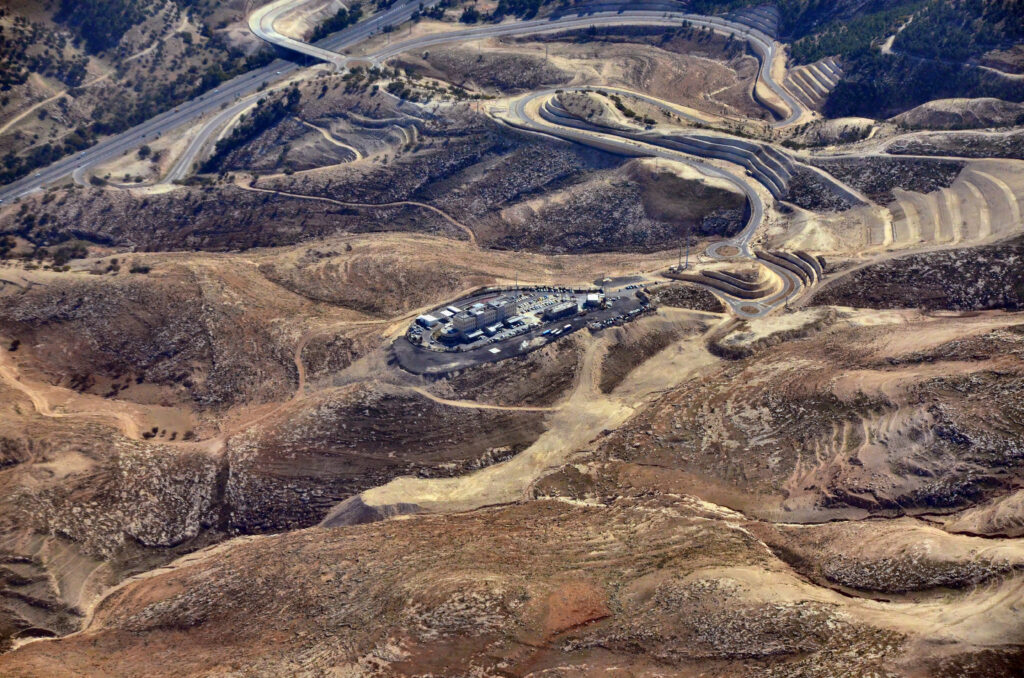MEDIA RELEASES
E1 announcement unhelpful, but many claims about it are untrue
August 22, 2025 | AIJAC staff

Australia/Israel & Jewish Affairs Council Executive Director Colin Rubenstein said today, “Israel’s announcement earlier this week about the E1 extension of Maale Adumim was unhelpful, as were Finance Minister Bezalel Smotrich’s ill-advised and incorrect comments about E1’s impact on a two-state outcome.”
Dr Rubenstein added, “That said, allegations that building in E1 would be a violation of international law are at least disputed, while accusations that the proposed E1 construction would cut the West Bank in half are simply incorrect. What’s more, every peace proposal, including those made by numerous US administrations, have included E1 as an area that Israel will retain in any two-state outcome.”
Dr Rubenstein concluded, “I also note that recent Western actions, which are foolishly designed to isolate Israel instead of addressing its valid security needs, are providing opportunities for hardliners in the Israeli government to take actions they would otherwise not have room to take. The E1 announcement, and Smotrich’s allied comments, should be seen in this light.”
Background
Article 49(6) of the Fourth Geneva Convention, which is generally cited in arguments that Israel’s West Bank settlements are illegal, prohibits an occupying power from transferring its civilian population into territory it occupies. The article was written in the context of (and to prohibit future iterations of) the mass forcible transfer of civilians into Poland by the Nazi forces in WWII. The article does not address the voluntary relocation of civilians. Further, Israel claims the right of sovereignty over the West Bank (pending final status negotiations), based on treaties that predate the establishment of Israel and the legal principle of uti possidetis juris. The legal effect of subsequent UN Security Council resolutions is unclear. Therefore, the idea that Israel has no rights in any part of the West Bank is an incorrect interpretation of history and international law.
If E1 was filled in with houses or otherwise blocked Palestinian traffic, it would not split the West Bank in two, as is frequently claimed. East of Maale Adumim, there is a stretch of 19 km of West Bank territory. We note two things: At its narrowest, Israel is 14km wide. Secondly, numerous proposals for a two-state outcome envision either creating an overpass or tunnels for Palestinian civilians to traverse the area upon the creation of a Palestinian state, as well as a bypass road.
E1 is a 12 square kilometre area of land between Jerusalem and the settlement of Maale Adumim. (It is enclosed in the Maale Adumim municipal borders.) It was always envisioned that E1 would be built up. The ‘Clinton Parameters’ of 2000 included E1 as part of the area that Israel would retain, as did the John Kerry 2013–2014 efforts (Kerry was Obama’s secretary of state) and Donald Trump’s ‘Peace to Prosperity’ plan of 2020. The main reason is that, without E1, Maale Adummim would be essentially cut off from Israel. Maale Adumim is a city of approximately 40,000 people. Just as the future Palestinian state is envisioned as being contiguous, it is also important that Israel remains contiguous as well.
Tags: Israel, West Bank, settlements





